Volodymyr Zelensky reminds us how far West has come
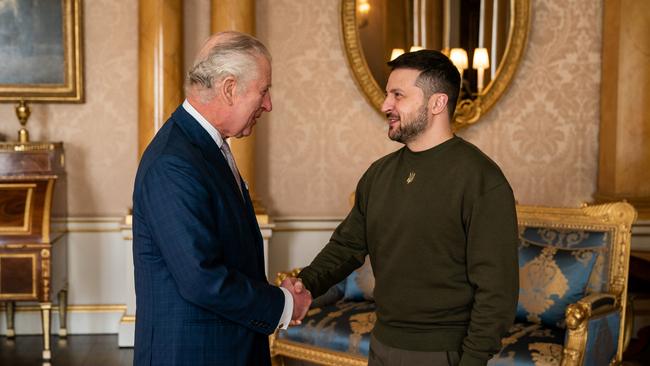
For example, in 2014, visiting Canada following the Russian takeover of Crimea, the then Prince of Wales met a woman whose family had fled Gdansk when the Nazis annexed the city 75 years earlier. “And now Putin is doing just about the same as Hitler,” Charles remarked – a perfectly accurate comment for which he was roundly condemned at the time. Such a comparison was felt to be embarrassing given that we, like everyone else, intended to do very little about it.
A year ago this weekend President Biden’s national security adviser, Jake Sullivan, told the world that the Russian invasion of Ukraine, which US and British intelligence had been warning about since November, was now imminent. Putin denied it, some commentators here and in other countries accused the administration of scaremongering, a number of leaders embarked upon a futile attempt at diplomacy. Twelve days later the invasion began.
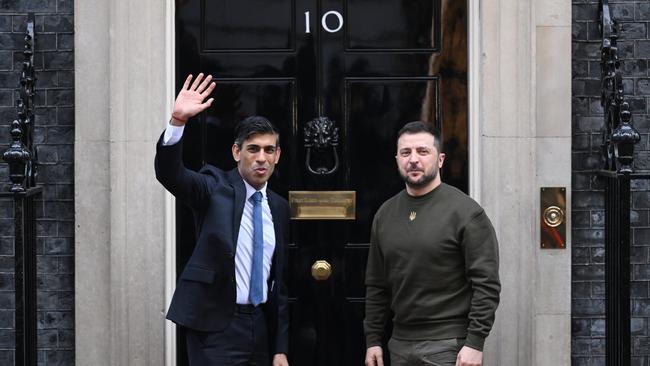
Given everything, it would have been reasonable for Putin to doubt the strength and unity of the NATO response. The pandemic was still a concern, six months earlier Afghanistan had been abandoned to the Taliban, much of Europe was apparently dependent upon Russian energy and there were plenty of voices in the West counselling an emollient and understanding reaction to Russian aggression. Predictions of western irresolution were common.
The previous US president Donald Trump greeted the imminent invasion by admiring the size of Putin’s amassed tank force, adding “Here’s a guy who’s very savvy”. His secretary of state, Mike Pompeo, (now apparently contemplating a presidential bid of his own) told an interviewer that he thought Putin was “very shrewd, very capable. I have enormous respect for him”. In France, where the first round of the presidential election was to be held a matter of weeks later, Emmanuel Macron’s principal rivals on both the left and the right were sympathetic to Russia, Marine Le Pen describing Ukraine as “belonging to Russia’s sphere of influence”.
On this one thing, left-wing anti-imperialists and right-wing isolationists could agree. But far more problematic than their destructive unity was the widespread belief that the public in democratic countries lacked the resilience to allow their governments to stand up to Russia. Exactly a year ago The Times carried a report on a study done for the European Council on Foreign Relations (ECFR) which included a survey of public opinion in Europe. As our correspondent summarised the findings, “in Germany, France, Italy and Finland the largest number of those surveyed would not support defending Ukraine if it meant risking an economic downturn, posing a significant barrier to sanctions against Russia”.
In fact, the governments of the US and Europe – with the exception of Hungary – quickly endorsed a programme of aid to Ukraine and sanctions against Russia. Four days after the invasion the new German chancellor, Olaf Scholz, gave a speech to the Bundestag announcing a Zeitenwende, a “turning point” in post-unification German history. The world after the Russian invasion was not the same as the world before, and Germany now had to contribute more to the defence of democracy.
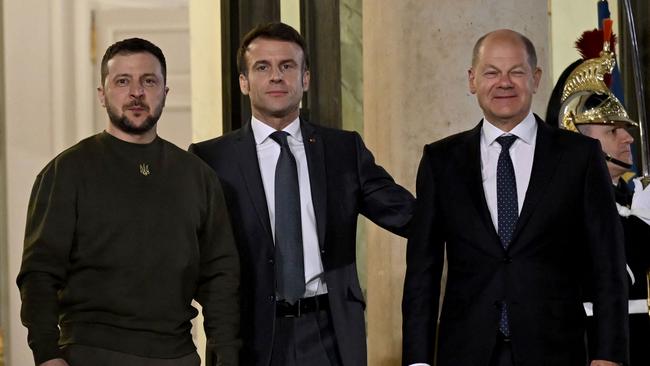
Even so, there has been a recurrent assumption in the 12 months since then that, at some near point, the voters of America and Europe – made poorer by the continuing conflict – would turn against support for Ukraine and demand some kind of unspecified peace with Russia.
There was an eruption of what you might call “resilience-pessimism” in the early summer of last year, as inflation rose around the world. A New York Times editorial in late May warned that “popular support for a war far from US shores will not continue indefinitely. Inflation is a much bigger issue for American voters than Ukraine”. The director of the Carnegie Endowment’s American Statecraft Programme wrote: “Food and fuel costs worldwide are spiking. NATO has been unified in the first 100 days of the war, but over time divisions will emerge. Ukraine’s cause is widely viewed as just today, but the longer the war drags on, the greater the risk that moral clarity will fade.” Yet here we still stand.
On New Year’s Eve Macron’s address contained the promise to the people of Ukraine that “in the year that is starting, we will stand by you without fail”. Three weeks later he announced a huge increase in defence expenditure.
Winter is nearly over. This week Scholz said that Germany could “simply not allow a country to invade another and disrupt peace in Europe”, adding that Ukraine’s future lay within the EU. At the same moment his defence minister, Boris Pistorius, was in Kyiv where he was photographed with his Ukrainian counterpart holding a model of a German Leopard 2 tank. In America Republican isolationists and America Firsters have gone quiet of late.
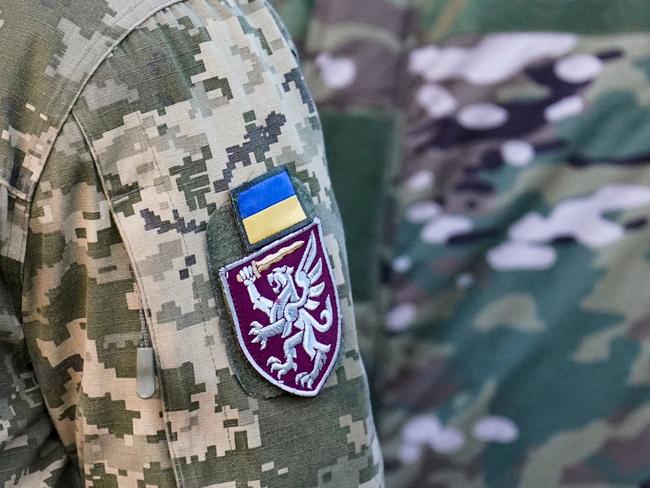
Before we congratulate ourselves, we need to be reminded of the obvious. With the exception of a few brave volunteers from other countries – men like Chris Parry and Andrew Bagshaw, killed as they attempted to rescue civilians – it is the Ukrainians who have done all the fighting and dying; whose schools, power stations, hospitals and houses have been destroyed by the aggressor. The line in the sand, the “red line” of the democracies, is painted in Ukrainian blood. Perhaps if they had not shown such remarkable courage, we would have shown none at all.
Inaction can be as catastrophic as action. A Syria, where Barack Obama failed to enforce his red lines in 2013, can be as disastrous as a Suez. One result of the West’s failure of resolve back then was the open intervention on the side of Assad by an emboldened Russia. A matter of months later Putin moved on Crimea.
But the fact is, and contrary to the predictions of the pessimists, we have stood by Ukraine. In no allied country has a politician made headway by calling for abandonment of that support. And that resolution is not just significant on the eastern edge of Europe. In 2023 you would have to be a fool not to recognise what can be achieved when the advanced democracies are sufficiently resolved. President Xi, for example, mulling over whether to invade Taiwan or to settle a while longer for the peaceful status quo, can hardly have failed to notice what has happened to Russia’s unstoppable military juggernaut (remember that Kyiv-bound column?) and to Putin’s economy.
That’s one reason to celebrate the almost miraculous fact that this time and so far we have done what we needed to do. We should take heart from that.
The Times

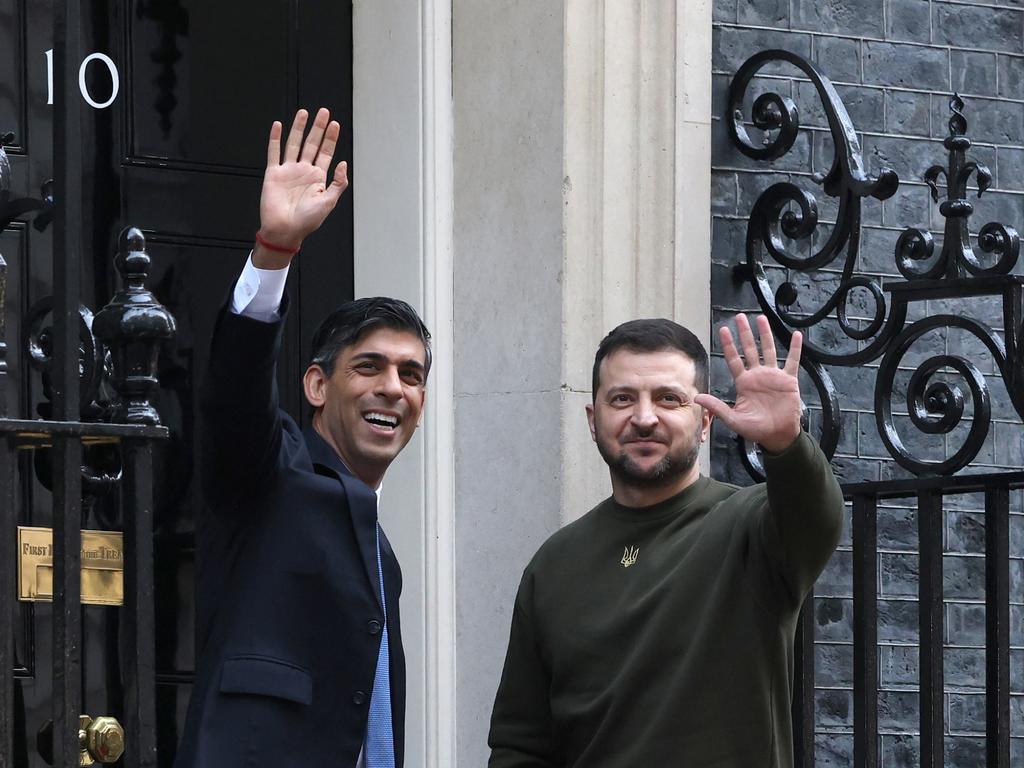
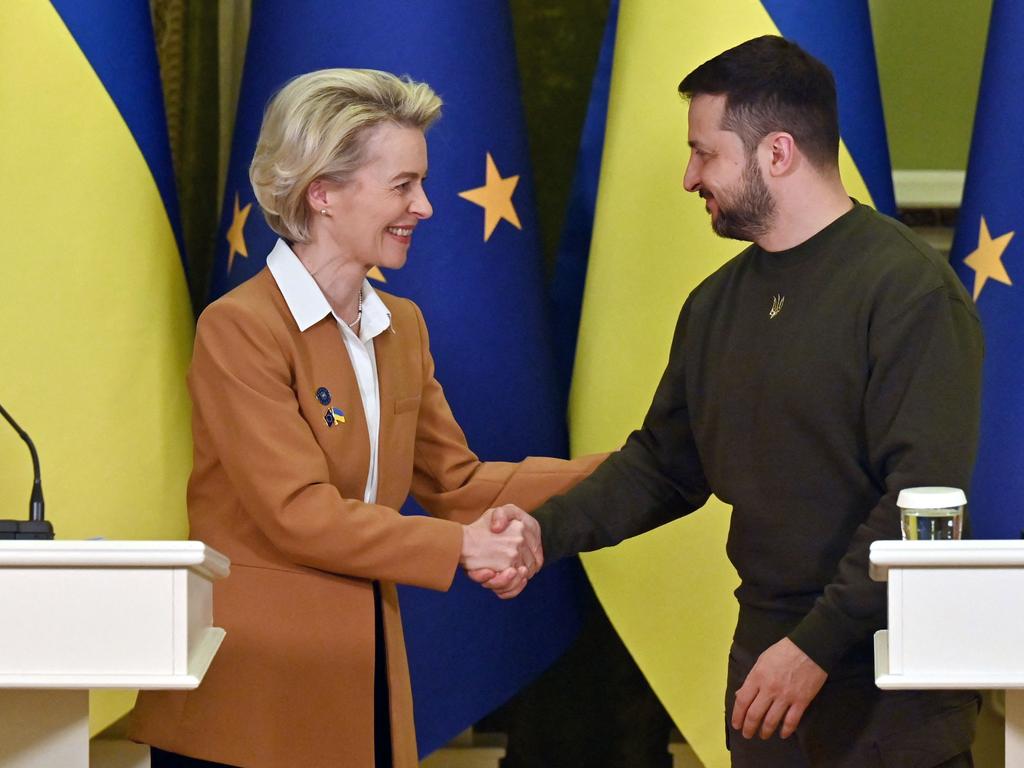
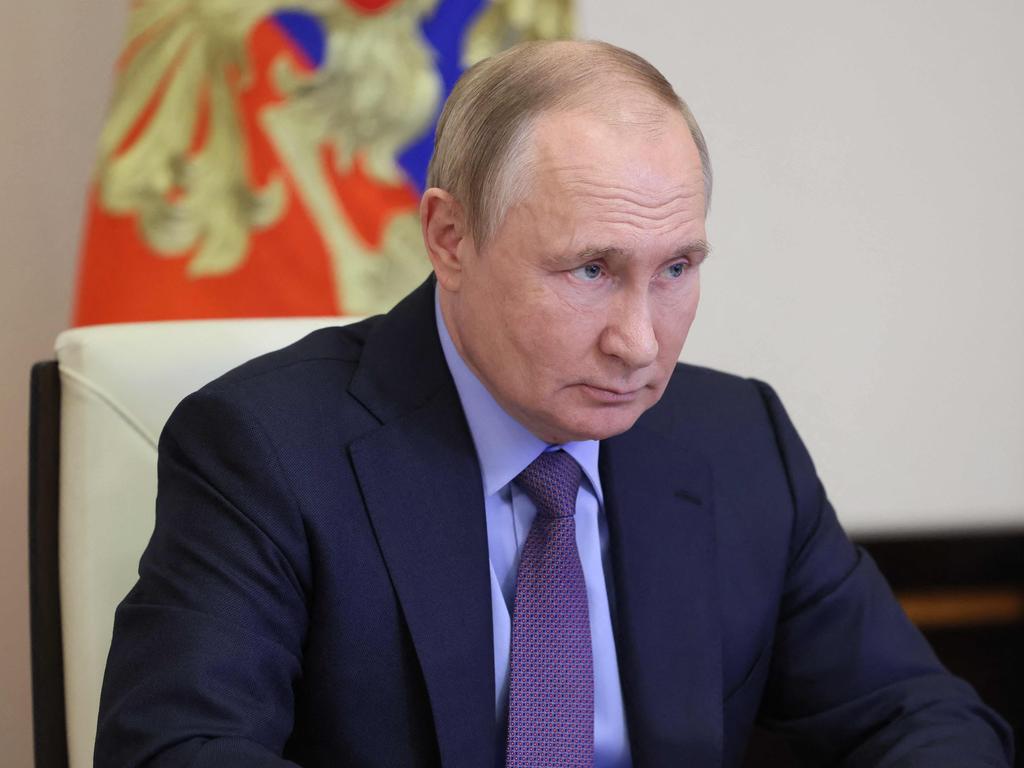
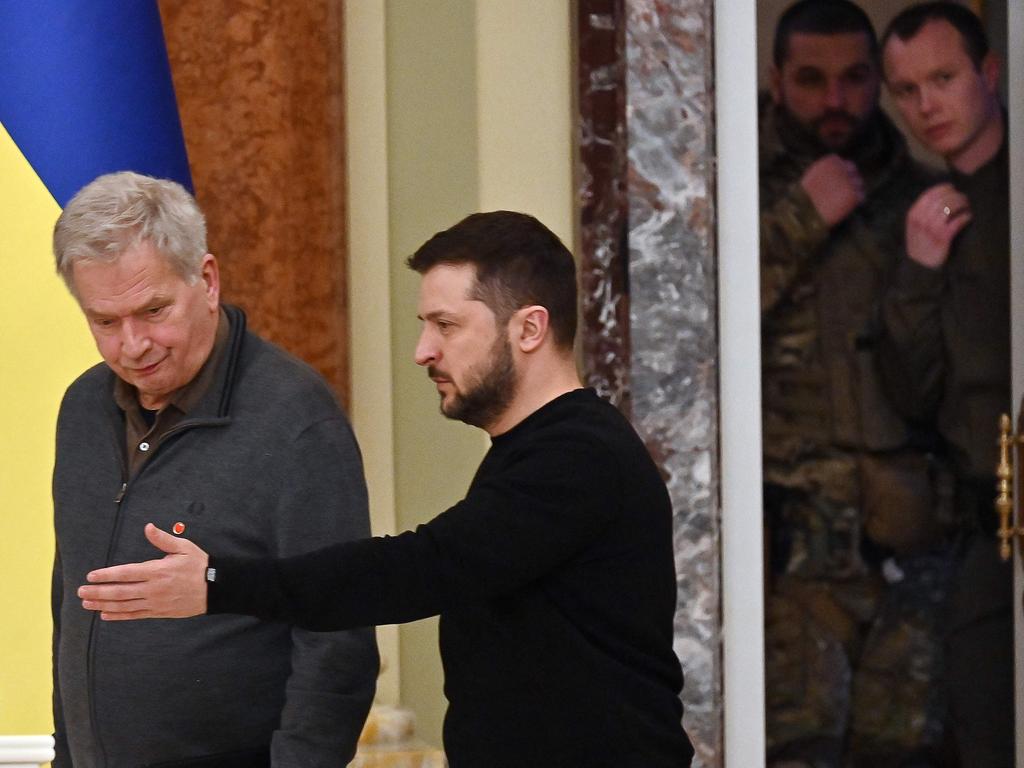


Volodymyr knew that Charles always got it, even when others didn’t. On his way to the palace to see the King, the Ukrainian president said he would be conveying gratitude for the support shown by the monarch when he was heir to the throne.